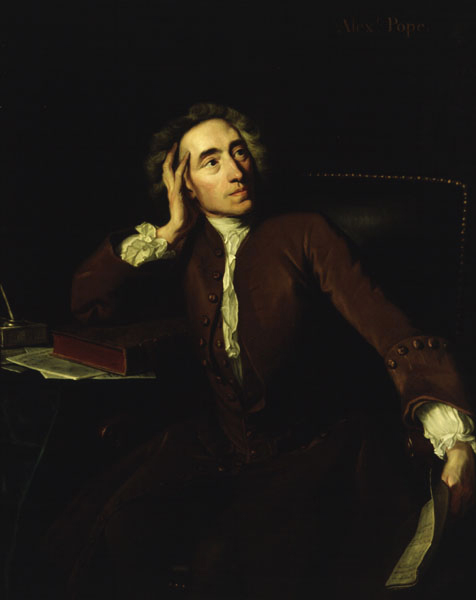The article positioned itself as a polemic -inflammatory, eg, using the word 'lunatic', before turning its attention to the writing itself.
Political writing, fact or fiction, is a great literary tradition, but if there is a whiff of authorial agenda or polemic, and it's current, not to mention, currently toxic, it's going to need to touch a common core, or else divide its potential readership. Or, conversely, it may come into its own once the heat dies down, if the story and the writing is sufficiently great.
1984 is an obvious example of a great and now enduring classic political novel, triggered by fears of 1948, and everyone was completely broke, post-war. The left was to be feared as much as the right. Either could result in a totalitarian state, and "the road to hell is paved with good intentions." But Orwell avoided polemic, and dealt in allegory.
Gulliver's Travels. Political, presented as allegory or fable. You can read it
here for free. Swift famously said, "it is the folly of too many to mistake the echo of a London coffee-house for the voice of the kingdom." His printer illicitly doctors his first edition, and Gulliver's Travels which started out as a group activity, uses satire, but still, has been criticised for "harping on."

Portrait of Alexander Pope by Jean-Baptiste van Loo [Public Domain], via Wikimedia Commons
It was not a good time for Swift. While writing A Tale of a Tub, Swift thought he could realise his ambitions for a rise within the church, and the Tory leaders with which he had aligned himself were in the ascendancy. By the time he started work on Gulliver's Travels things looked bleaker. He had failed to obtain any Church preferment in England, and he had been forced instead to accept a lowly deanery in Ireland. The Tory government had fallen, and his friends and allies impeached by the Whigs. Gulliver's Travels was in part a virulent attack on the Whig ministry that Swift blamed for these circumstances. Swift saw the book as politically explosive, and therefore as something that he had to present and position quite carefully in order to avoid prosecution. He secretly sent the manuscript to a publisher, Benjamin Motte. Accompanying the manuscript was a letter asking Motte if he would publish Gulliver's Travels signed by Gulliver's imaginary cousin, Richard Sympson. Sympson is the author of the prefatory letter to Gulliver's Travels. So already there is a distinct blurring of the boundaries between fact and fiction: in his real life dealings with his publisher, Swift hides behind a fictional figure that later appears within the work itself.
Source
Jonathan Swift and 'Gulliver's Travels' | Great Writers Inspire
War and Peace. Historical novel. The visceral horror of a hostile foreign invasion, in this case by Napoleon, but it's above all a story about people, with the focus on three key characters wrestling with the problems of their era.
A Tale of Two Cities.
A Tale of Two Cities was published at a time when there were considerable diplomatic tensions between Britain and the France of Napoleon III, whose Second Empire regime was not considered very stable by many in Britain. This would doubtless have given a contemporary significance to Dickens’s tale of the French Revolution of 1789. He read the French Revolution by Thomas Carlyle and it had a great effect on him. But the inspiration was also personal, the article informs us.
One of the most terrible, as in tragic, great political novels I have ever read was
The Man on a Donkey, Prescott. Considered by some the finest historical novel ever written. How many know this novel nowadays, compared with War and Peace or a Tale of Two Cities? It's about the Pilgrimage of Grace. National identity and a nation divided as relating to Europe (Spain in this instance but all Catholic Europe), and the King in London, once nominated by the Pope, Defender of the Faith, now determined to be independent of the Pope.... versus the North, and not only the North. It went all the way to Lincolnshire. The author told the story. Everyone was trying to solve a problem. It became deadly. But there is never a whiff of polemic. One might say, well, there wouldn't be. It's ancient history now? Except these things run deep, as does the seismic shock of 1066, it still runs deep. French or Latin, not English was the language of Law and all power in England for the next 400 years, and the Normans are still very much present in the fabric, if integrated.
More recently there was Justin Cartwright, and
The Song Before It is Sung. The intellectuals who proposed assassinating Hitler, and the men of action who were their friends, who actually tried to get it done, and were the ones who ended up hanged on meat-hooks. But it was all in the story. The author remains invisible.
Maybe it comes down to a certain measure of distancing. Whether of time, or or the author's self-distancing, not at the point of inspiration, perhaps, but certainly in delivering the finished book.
Perhaps the widest, deepest reader engagement aka, literary greatness requires that politics is treated and experienced in fiction as theme, but minus agenda.
Seen this week on Twitter:
Is the Political Novel Dead?
And
A
conversation online discussing politics and agenda in recent novels; mentioning Dave Eggers again and Cory Doctorow.
Switching to film....a hideously funny political movie is
The Death of Stalin.
Agenda? Lawd. They're all completely ...well, cunningly... erm, '
lunatic'.
But there is no finger-wagging. They're all awful.

